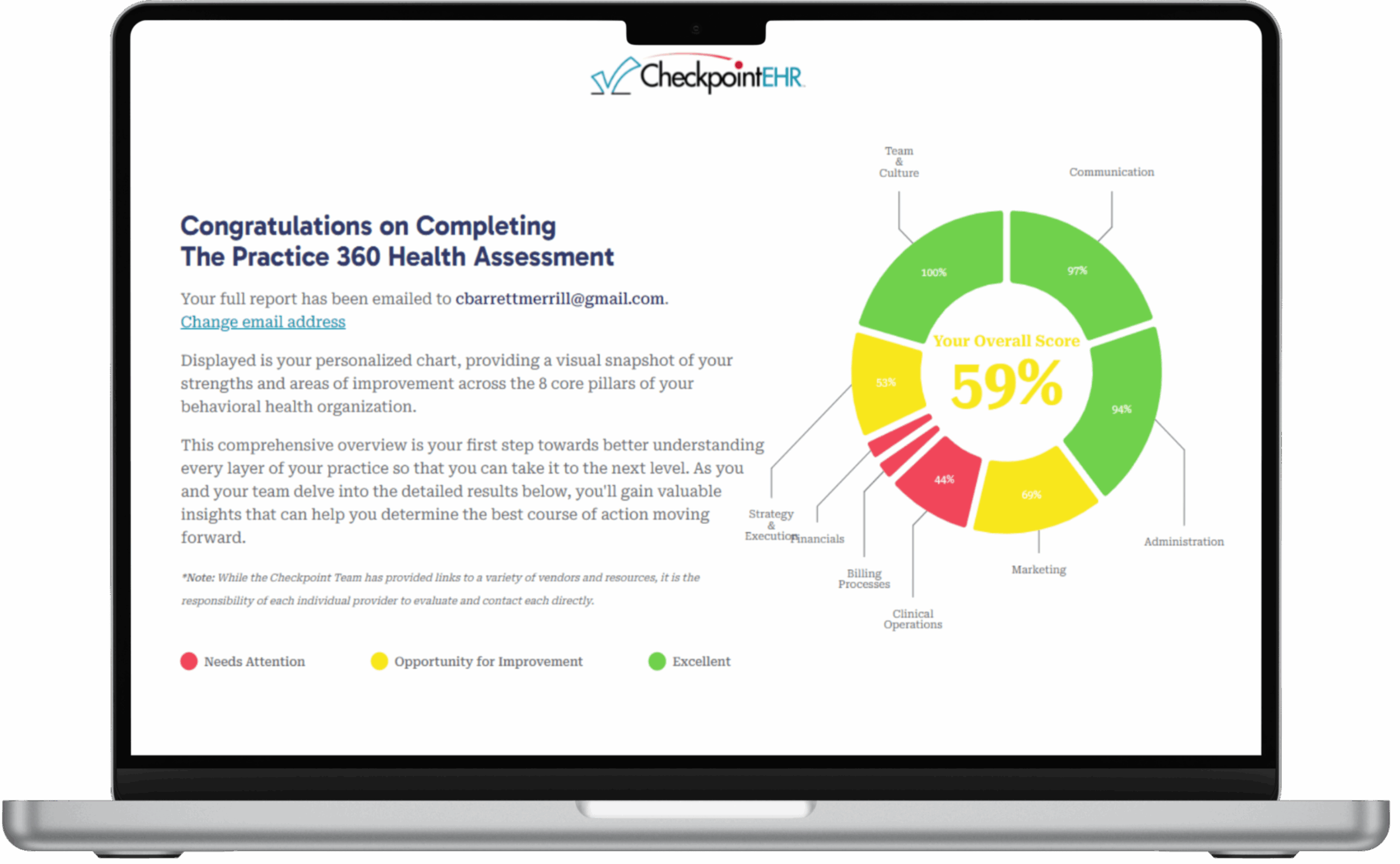EHR for Solo Practitioners: What You Need to Know

EHR for solo practitioners is an absolute necessity. Over 70 percent of solo practitioners and small medical practices have installed EHR systems. The remainder will need to embrace the technology if they are to continue to provide services to patients who will be using insurance or Medicare to pay for their treatment.
Solo practitioners who have yet to adopt EHR offer many different reasons for not doing so. One of the most common reasons is the perception that EHR for solo practitioners are prohibitively expensive. While there is a cost involved in utilizing EHR, the financial and practical benefits usually outweigh that cost.
Benefits of EHR for Solo Practitioners
One of the primary benefits of EHR for solo practitioners is that it enables the practitioner to spend more time doing what they are qualified for, rather than being tied up in administrative tasks. In many medical practices, that translates to the practitioner being able to see more patients, thereby increasing revenue. The increased revenue is often enough to offset the cost of the EHR system being used.
Another way in which EHR can increase revenue is by providing a better patient experience.1 This can result in an increased likelihood of patients returning for further treatment.
There are many other benefits to using EHR, including better appointment management, more efficient billing and payment collection and better patient communication. EHR make it easier for patients to be proactive in managing their health. EHR are also a useful tool to help practitioners easily look up clinical protocols.
You Don’t Have to Be an IT Expert
Some practitioners believe that installing EHR requires in-depth IT knowledge. EHR systems are designed to be used by people who have very little IT knowledge. Using them is as easy as using a smartphone or sending emails. Interfaces are designed to minimize the need for typing, so even practitioners who have poor keyboard skills will quickly get up to speed.
Most software and data used in EHR for solo practitioners and group practices can be implemented using cloud technology. That means all data are stored remotely in a secure environment. There is no need for the solo practitioner to back up data or maintain costly hardware on site. EHR systems can be run from desktop computers, laptops, tablets or even smartphones.
Cost Savings Using EHR
Paper records take up valuable office space, and records must be kept for a long time. Many practitioners have to rent or buy storage space to store these files. With EHR, that need is eliminated. If paper records are stored on site, converting to EHR frees up space that can be used for other revenue-generating purposes.
Solo practitioners may find that EHR enables them to reduce the number of assistants or the hours they are required to be on site, since many manual administrative tasks are eliminated and overall administration time is greatly reduced.
If you are a solo practitioner who is still in doubt about how adopting EHR would affect your practice, you can find personal accounts from practitioners of multiple types of clinics and practices on the HealthIT.gov website.2


